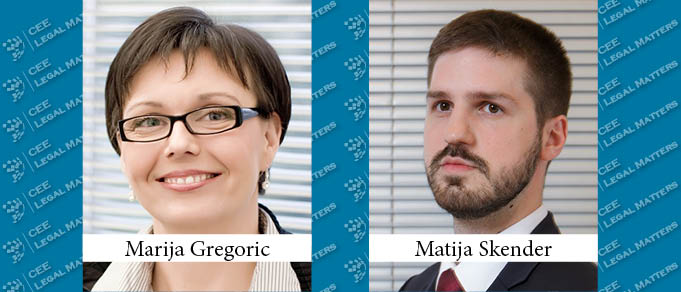As the COVID-19 pandemic globally swept away the business-as-usual concept, many countries, including Croatia, were faced with a rising problem of workplace-based COVID-19 transmissions. Croatia had a remote work (RW) framework initially introduced in 2003, but its application in practice was considered rather exotic. Once RW became one of the main workplace-related responses to COVID-19, authorities and employers were suddenly faced with interpretation and implementation problems. As a temporary solution, the Ministry of Labor and Pension System (Ministry) issued a number of opinions regarding the RW regime. These opinions were intended to loosen the regulatory grip, usually by turning a blind eye to unambiguous and mandatory statutory requirements, for example, by interpreting that a pandemic constitutes such circumstances under which employers are allowed to unilaterally impose a RW regime.
At the same time, the Ministry also rekindled its work on preparing amendments to the current Employment Act. As part of the lengthy consultation process, the draft of the new employment act (Draft Act) is currently being discussed with trade unions and employer associations. Following global trends, notable updates found in the Draft Act include rules regarding platform-based work (affecting companies such as Uber, Bolt, Wolt, etc.) and the broadening of the harassment-at-work concept – but the hottest topic still remains the upgrade to the RW rules.
Under the Draft Act, RW is defined as work that is not performed at the employer’s worksite, but rather performed from the employee’s home or another location agreed between the parties, which would include the increasingly popular shared workspaces. What is more, the Draft Act envisages an option for the parties to agree that the employee may freely choose their workplace. Such an option is bound to be appealing to employees eager to take workcations or transform into digital nomads. On the other hand – due to the employer’s remaining liability to ensure health and safety for any workplace, as well as the concerns related to confidentiality and the supervision of employees’ work – it may be reasonably expected that the employers will, in general, be hesitant in allowing their employees’ full discretion in choosing the workplace. More frequently, they might opt for allowing their employees to choose between pre-selected workplaces, such as on-demand work platforms, or opt to restrict the option of full discretion in choosing the workplace to contractors and freelancers, rather than employees.
The Draft Act provides that, under normal circumstances, RW is to be implemented by the employer and employee entering into a RW employment agreement, which must contain eleven mandatory details related to RW. Most notable of those, the RW employment agreement must contain the amount of the consideration the employer must pay to the employee to compensate costs associated with RW, such as the increased costs of energy, water, utilities, etc. However, the Draft Act fails to provide both any minimum consideration amount and any criteria to determine its appropriate amount, which means that the consideration is subject to the parties’ agreement and that even a symbolic consideration would fulfill the mandatory requirement.
Finally, the Draft Act undertakes to promote RW as a tool of work-life balance. In particular, non-RW employees who have difficulties balancing their family and/or personal duties, due to, for example, disability, parental duties towards children under eight years old, or duty of care towards a family/household member, will now have a statutory entitlement to request a temporary RW arrangement from their employer. What is more, the employer will only be allowed to reject such a request on justified grounds, which are not specified in the Draft Act, and will be left for the courts to interpret in each individual case.
Given that the changes to the employment legislation directly affect the Croatian workforce – about 1.5 million strong – the Draft Act is bound to receive further scrutiny and tweaks in the months to come. One may hope that changes to the proposed RW regime, as envisaged under the Draft Act, will aim to lessen the regulatory requirements and provide more clarity. Only this will help achieve accepting RW as a new normal, rather than just a temporary pandemic measure.
By Marija Gregoric, Partner, and Matija Skender, Associate, Babic & Partners
This Article was originally published in Issue 8.12 of the CEE Legal Matters Magazine. If you would like to receive a hard copy of the magazine, you can subscribe here.






















